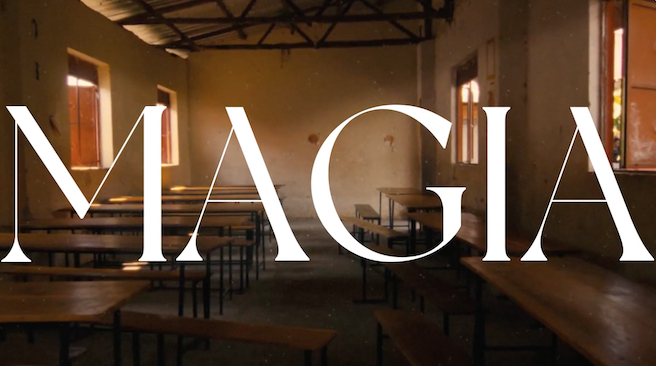“Missed opportunities” in the global economy worries the World Bank

The situation in Latin America
For Latin America and the Caribbean, economic forecasts “point to a gradual recovery,” with growth of 2.3% in 2024 and 2.5% in 2025.
“As inflation declines, central banks are expected to lower interest rates, which will reduce obstacles to increased investment,” the World Bank said.
However, economic growth forecasts for 2024 are mixed in the regions of Brazil (+1.5%), Mexico (+2.6%), Argentina (+2.7%), Colombia (+1.8%), Chile (+1.8%), and Peru (+ 1.8%). +2.5%).
In the Caribbean, excluding Guyana, which is experiencing a resource boom, the economies are expected to grow by 4.1% and Central America by 3.7%, mainly due to a moderate increase in remittances.
In the long term, the region will have to face “persistent challenges” because “the potential for economic growth is declining” in a context of slowing productivity and an aging population.
Moreover, the planned modest regional expansion is exposed to multiple risks, such as escalating geopolitical tensions, especially in the Middle East, which could lead to higher oil prices, and extreme weather events, mainly affecting agriculture, power and energy. fishing.
Two other factors are notable: persistent core inflation in advanced economies and a more abrupt than expected slowdown in the Chinese economy (which grows from 5.2% in 2023 to 4.5% in 2024 and 4.3% in 2025).
Overall, the World Bank's forecasts are not very optimistic, although it admits that “the global economy is in better shape than it was a year ago: the risk of a global recession has decreased, largely due to the strength of the United States economy.”
“Without a significant course correction, the second decade of the 21st century will go down in history as a decade of missed opportunities,” Indermeet Gill, chief economist at the World Bank, said in a statement.
“trap”
He added: “Short-term growth will remain weak and will lead many developing countries, especially the poorest, to fall into a trap: stifling levels of debt and precarious access to food for approximately one in three people.”
Beyond the difficulties facing the global economy, the financial organization highlights that the post-Covid-19 recovery has been very uneven.
Most advanced economies have returned to levels equal to or higher than before the pandemic, but this is not the case for many developing or emerging countries.
“By the end of 2024, our estimates show that GDP per capita in all developed countries will be higher than it was before the pandemic. This ratio is 2/3 for emerging countries and lower for developing countries,” Gill insisted in a conference call with a press conference. And for countries “the most fragile or affected by wars, it is less than half.”
He added that without global growth accelerating in the coming years, the population of “one in four developing countries will be poorer by the end of the 2020s than they were before the pandemic.” / France Press agency

“Award-winning zombie scholar. Music practitioner. Food expert. Troublemaker.”









